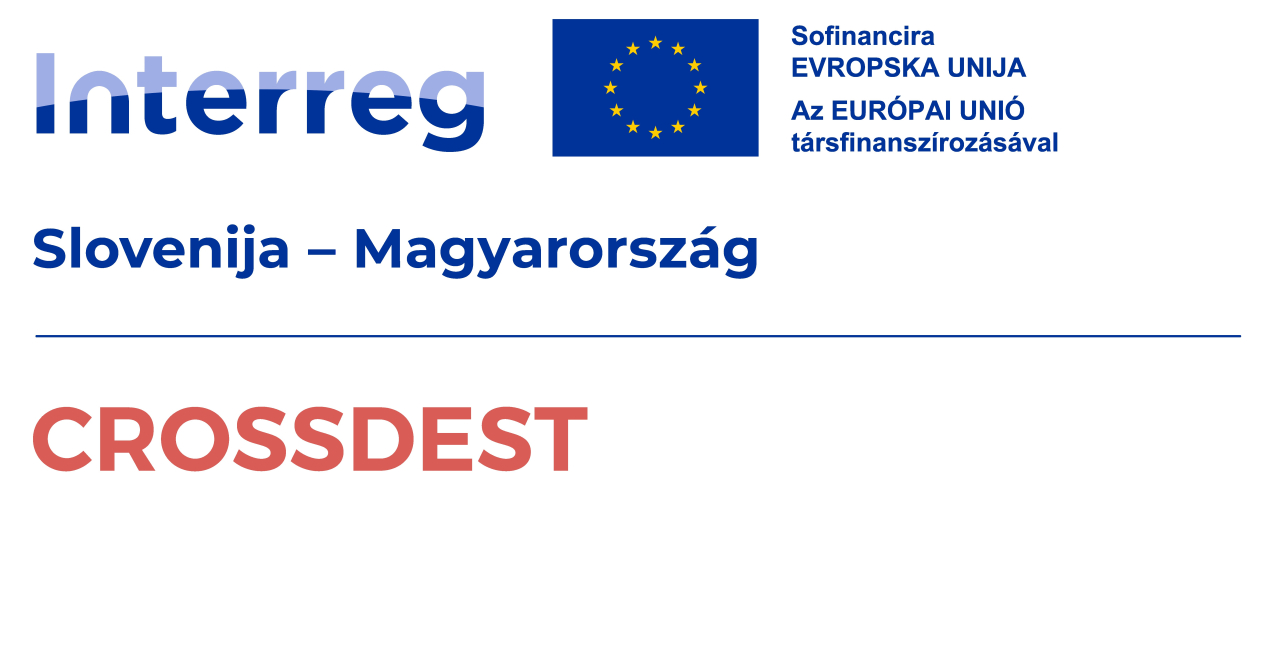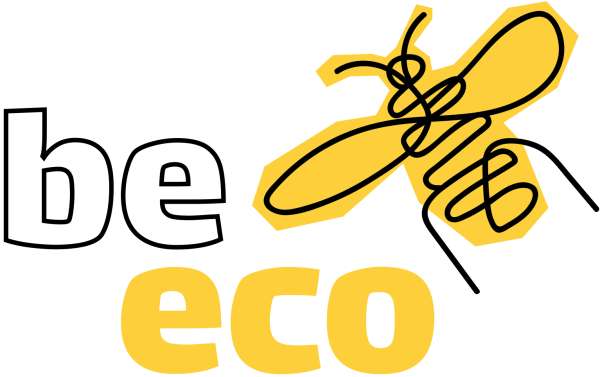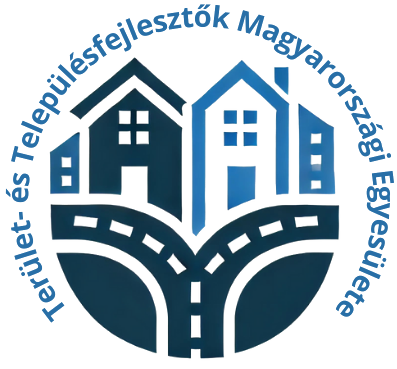









Siklód
Siklód (in Romanian, Siclod) is a picturesque Székely village in Harghita County, belonging to the commune of Etéd. It is situated south of the Nyikó Valley, on a remote elevation over 800 metres above sea level. Thanks to its exceptional location, the village offers breathtaking views of the surrounding hills and mountain ridges – it’s no wonder it’s often called one of the most beautiful villages in the area. The first written mention of Siklód dates back to 1567, and for centuries it was inhabited almost exclusively by Hungarian-speaking, Reformed Székely people. Historically, it was part of Marosszék, but in the second half of the 19th century, it was annexed to Csík County. The village’s built heritage is particularly valuable: the Reformed church, built in the 18th century, reflects local traditions with its wooden tower and folk Baroque style. The traditional peasant houses and carved Székely gates are preserved elements of the old village landscape. One of Siklód’s greatest assets is that it has retained its traditional settlement structure, close-knit community, vernacular architecture, and even its dialect. Since the 1990s, the village’s population has significantly declined, but former residents and new owners committed to cultural heritage have done much to preserve the buildings and the character of the village. From a tourism perspective, Siklód is becoming increasingly popular among those seeking a quiet, authentic Székely village environment. Several renovated peasant houses now operate as guesthouses, offering a blend of understated comfort and traditional charm. The area is ideal for hiking, nature walks, and cultural exploration tours between Székely villages. - editorial content -
Getting there
- Walk
- Horseback
- Bike
- Electric bicycle
- Bus (rented for the trip)
- Bus (rented for the trip)
- Motorcycle
- Car
- Electric car
Arrival
- Walk
- Horseback
- Bike
- Electric bicycle
- Bus (rented for the trip)
- Motorcycle
- Car
Public transport
- bus
Parking information
- Free outdoor parking available
Sustainability level
Topic 1: Destination Management 56%
- Visitor management: 80%
- Commitment and organization: 0%
- Design & development: 50%
- Monitoring and reporting: 50%
- Legal and ethical compliance: 100%
Topic 2: Nature and landscape 100%
- Nature and wildlife protection: 100%
- Nature and conservation: 100%
Topic 3: Environment and climate 49%
- Land use and pollution: 67%
- Water management: 40%
- Energy, sustainable mobility and climate change: 0%
- Adaptation to climate change: 100%
- Waste and recycling: 40%
Topic 4: Culture and traditions 88%
- Cultural heritage: 100%
- People and traditions: 75%
Topic 5: Social Welfare 38%
- Health and safety: 100%
- Local economy: 20%
- Socio-economic impacts: 0%
- Community participation: 0%
- Human dignity: 71%
Topic 6: Business and Communication 61%
- Business participation: 22%
- Information and marketing: 100%


